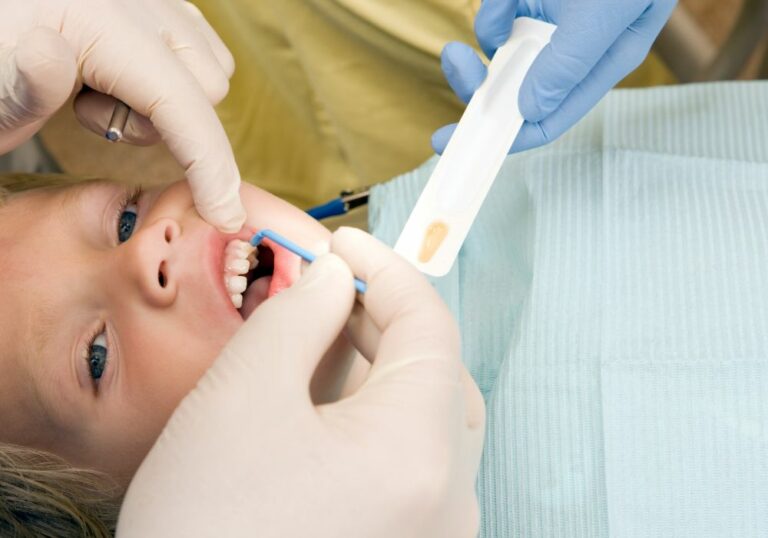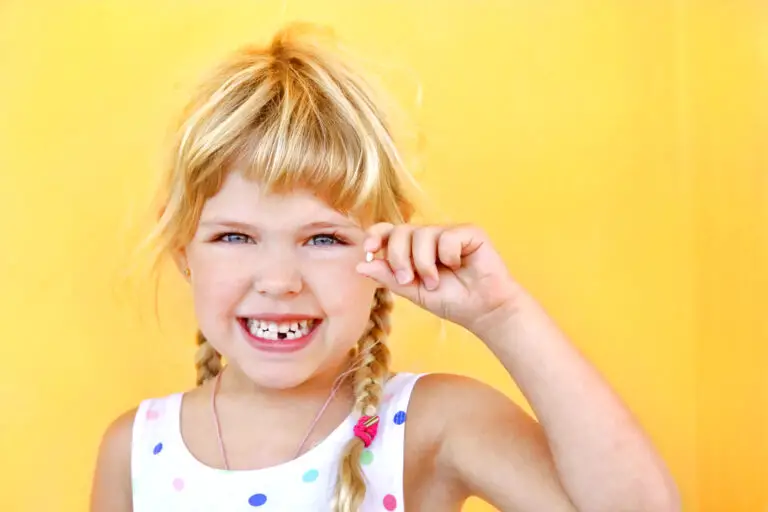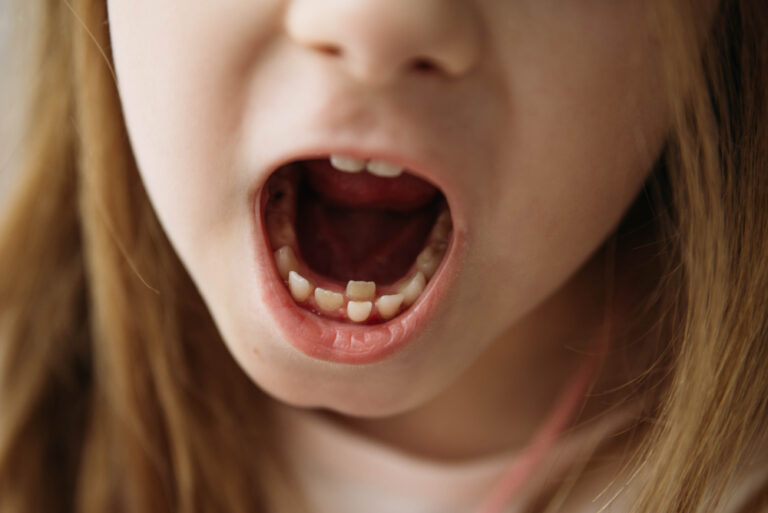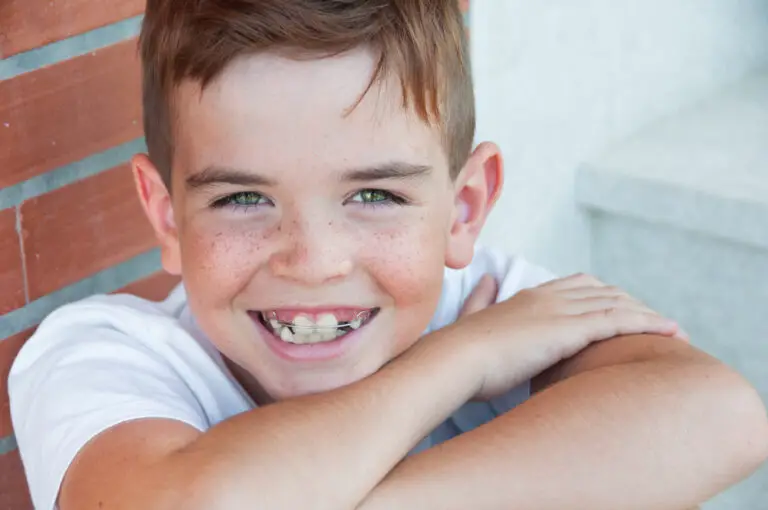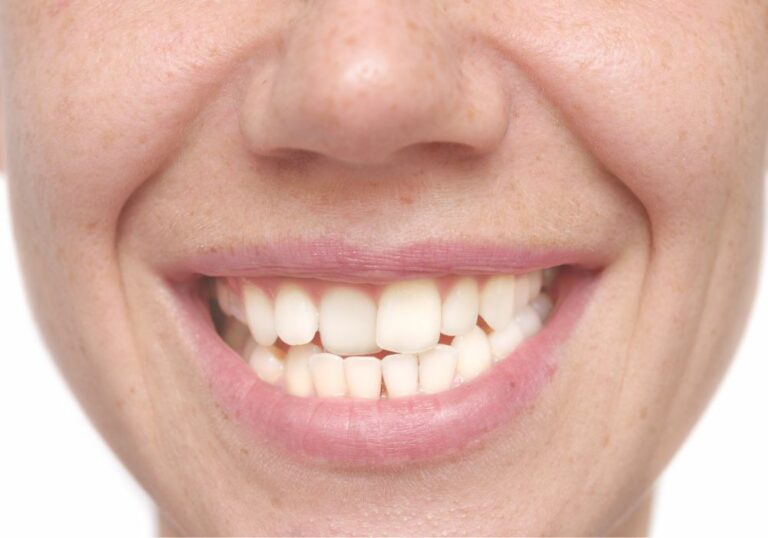As puppy owners, we eagerly await those first baby teeth to come in. It’s an exciting milestone that lets us know our pup is growing up. But those sharp little milk teeth don’t stick around forever. Eventually, they fall out to make room for the stronger, permanent adult teeth. This is normal teething process for puppies. But what if those baby canine teeth don’t fall out on schedule?
The puppy teething process
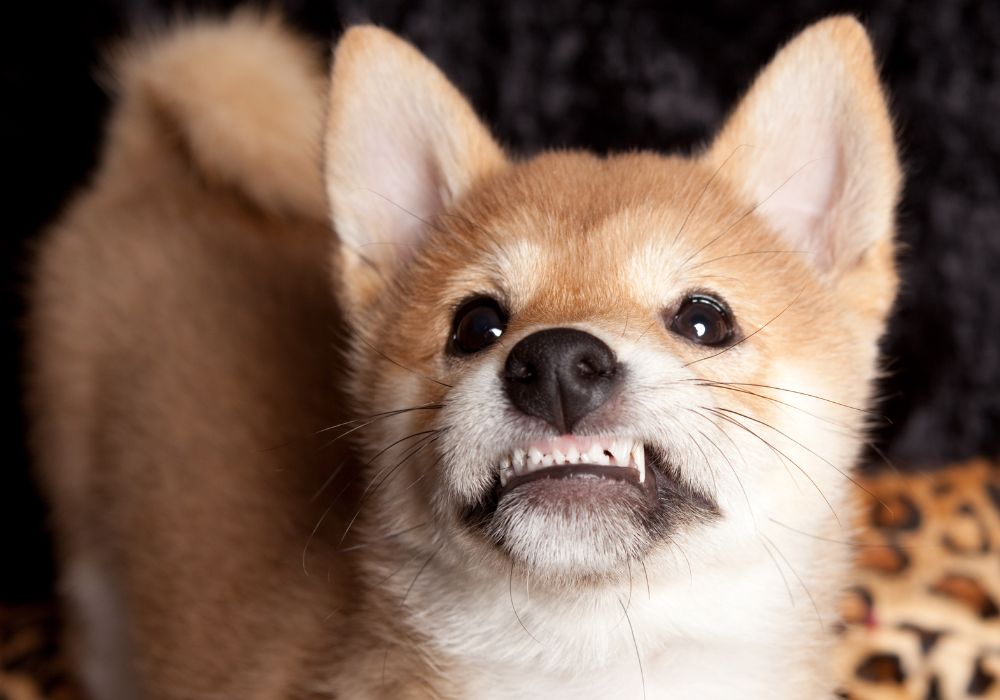
Puppies, like human babies, are born without teeth. Their first set of teeth being to erupt around 3-4 weeks of age. These deciduous (“baby”) teeth are comprised of incisors, canines and premolars. They help the puppy sample solid foods and interact with littermates.
The puppy dentition timeline:
- 3-4 weeks: Deciduous incisors begin erupting
- 4-6 weeks: Deciduous canines and premolars emerge
- 6-7 weeks: Full set of 28 deciduous teeth have come in
- 4-6 months: Deciduous teeth begin falling out as permanent teeth erupt
- 7 months: Permanent incisors and canines have erupted, mixed dentition of deciduous and adult teeth
- 5-7 months: Deciduous premolars are pushed out by permanent premolars
Puppies have 28 deciduous teeth. As the permanent teeth develop under the gums, the roots of the deciduous teeth begin to resorb. This weakens their hold in the mouth and causes them to loosen and fall out. This is a normal part of the teething process in puppies.
The incisors and canine baby teeth are usually replaced around 4-6 months of age. The premolars are replaced a bit later, between 5-7 months. By around 7 months of age, a puppy should have a mixed mouth of permanent incisors/canines and deciduous premolars. The full adult dentition of 42 permanent teeth is complete by 7-8 months of age.
Why do puppies shed their baby teeth?
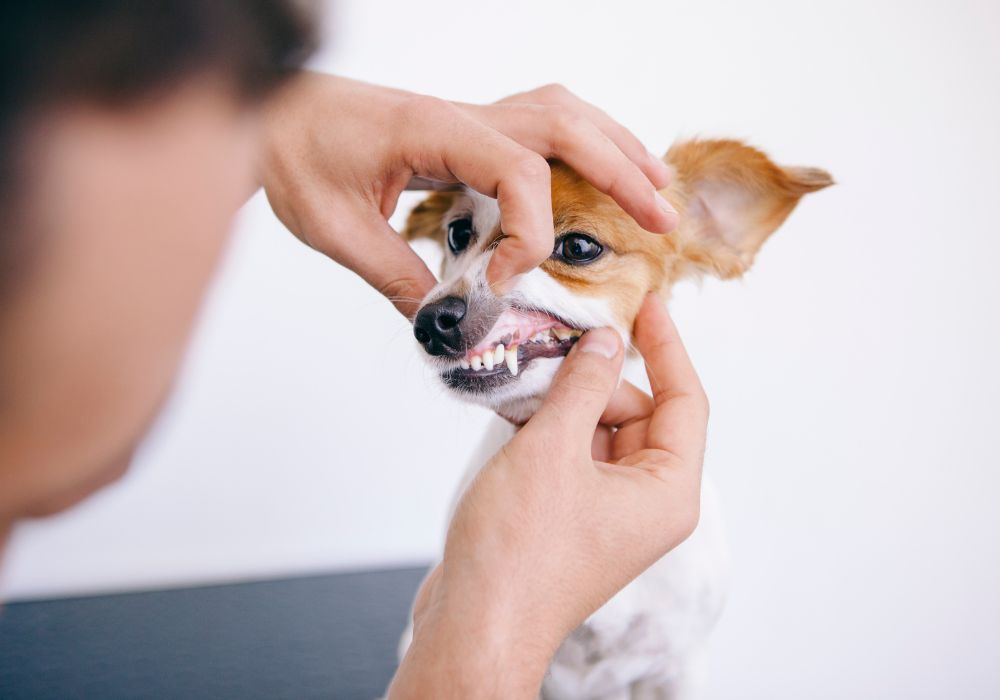
Puppies have fewer teeth than adult dogs. Their jaws are much smaller and can only accommodate a limited number of tooth roots. The deciduous teeth are smaller and spaced further apart to fit the puppy’s mouth.
As puppies mature, their jaws grow longer and wider. This makes room for the larger, permanent adult teeth to align properly and anchor firmly into the bone. The incoming permanent teeth develop right under the roots of the deciduous teeth, causing root resorption as they push the baby teeth out.
Shedding this first set of puppy teeth allows the adult teeth to erupt in the optimal position to form a complete bite. Retained deciduous teeth can prevent this, leading to malocclusion (misalignment) and dental disease later on. This is why those puppy teeth need to fall out on schedule.
What if the puppy canines don’t fall out?

The upper and lower canine teeth are among the earliest permanent teeth to come in, replacing their deciduous predecessors around 4-6 months of age. But sometimes those smaller puppy canines fail to shed.
This leaves the puppy with a double set of canine teeth in the upper or lower jaw. The row of puppy teeth may prevent the permanent adult canines from erupting properly. This is not ideal for several reasons:
- Malocclusion: The misaligned, doubled-up canines prevent the jaws from aligning correctly. This can lead to an overbite or underbite.
- Crowding: Retained deciduous teeth take up valuable space, crowding the other teeth. This stresses the surrounding bone and tissue.
- Disease: The nooks and crannies around the extra teethTrap food and bacteria, increasing tartar buildup and gum infection.
- Discomfort: Pups may have difficulty eating or become fussy due to the irritation.
- Tooth decay: Food packing leads to enamel damage and cavities in the deciduous and permanent teeth.
- Cysts/abscesses: Inflammation and infection around the unerupted permanent canines can form cysts or tooth abscesses.
Why might a puppy retain deciduous canines?
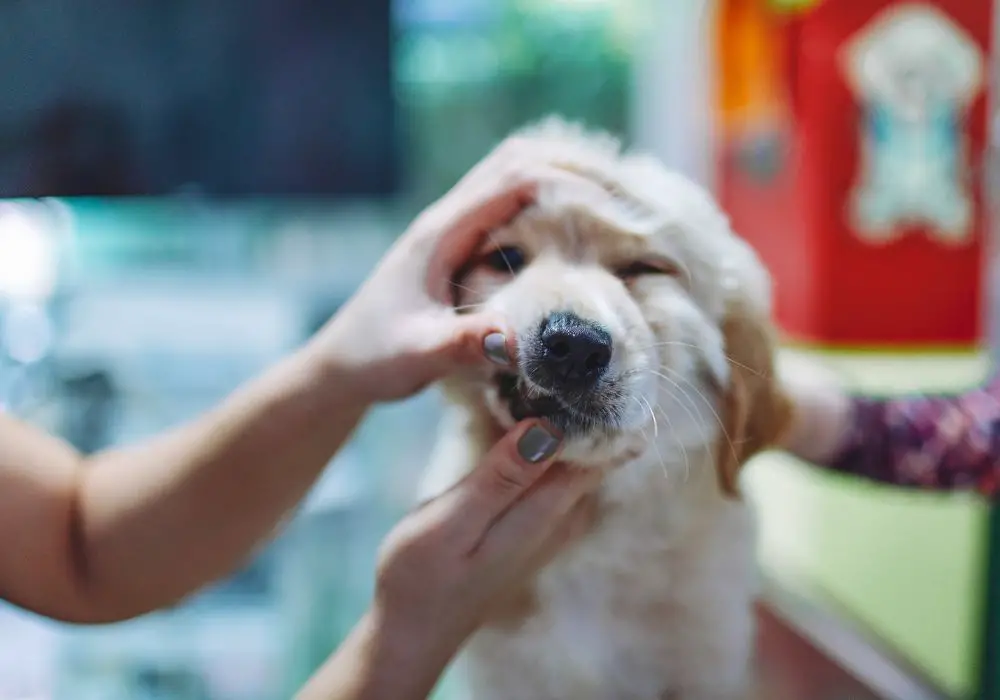
There are a few reasons why a pup might fail to shed those baby canine teeth on schedule:
- Genetics: Some breeds are prone to retained deciduous teeth due to their physical traits. Short-muzzled dogs often have overcrowded mouths, while small dog breeds may have insufficient jaw growth.
- Trauma: Injury to the mouth or face can damage developing permanent tooth buds, preventing normal eruption.
- Endocrine disease: Hormonal imbalances from conditions like hypothyroidism or Cushing’s disease disrupt the teething process.
- Nutrition: Diets lacking sufficient calories, protein, vitamins and minerals impede normal teeth development and replacement.
- Congenital defect: Cleft palate, small jaws or other oral defects present from birth prevent shedding of deciduous teeth.
- Infection: Abscesses, cysts or inflammation around the retained puppy teeth stop the permanent canines from pushing through.
How are retained puppy canines treated?
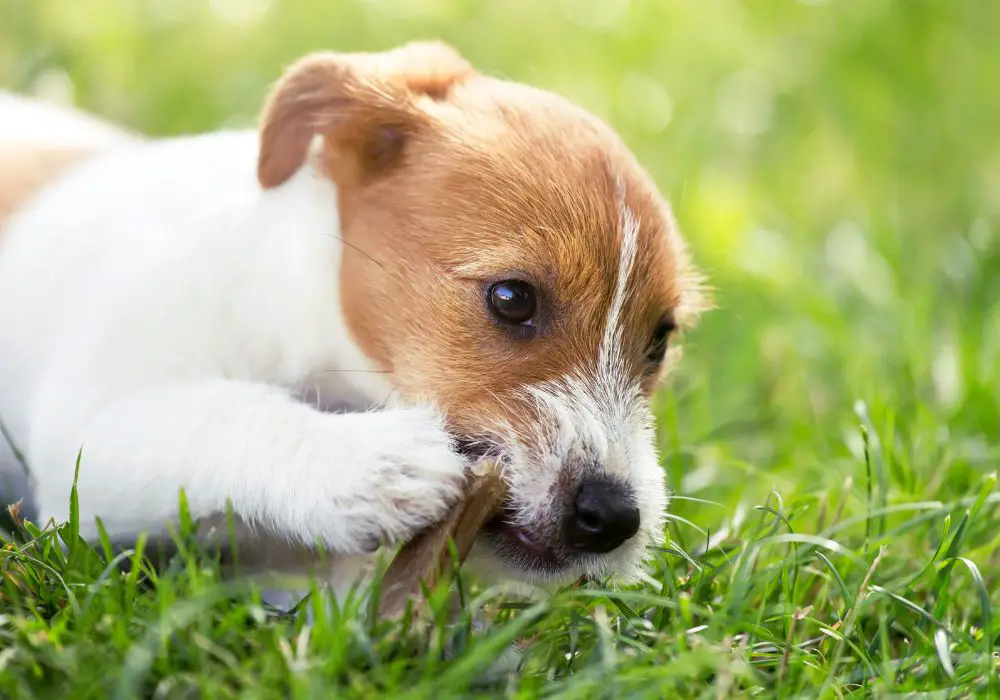
If a puppy is around 6 months old and still has deciduous canines, it’s time to see the veterinarian. They’ll perform an oral exam to check for malocclusion, gum disease, and other dental issues caused by the retained teeth.
After determining the cause, the vet has a few options to facilitate shedding those stubborn puppy canines:
Watchful waiting
If there are no signs of infection, the vet may recommend monitoring the teeth for another month. Sometimes puppy teeth are just slow to fall out. As long as they eventually do, intervention may not be needed.
Extraction
If the retained deciduous teeth are preventing the adult canines from erupting, simple extraction is curative. The vet removes the baby canines under light sedation, allowing the permanent teeth to quickly take their rightful place.
Antibiotics or anti-inflammatories
If inflammation and infection around the retained puppy teeth is the issue, medications may help clear it up so the adult teeth can erupt.
Other treatment
Rarely, surgical exposure and attachment of orthodontic braces may be needed to guide severely impacted permanent canines into the right position.
Are there any risks with retaining deciduous canines?
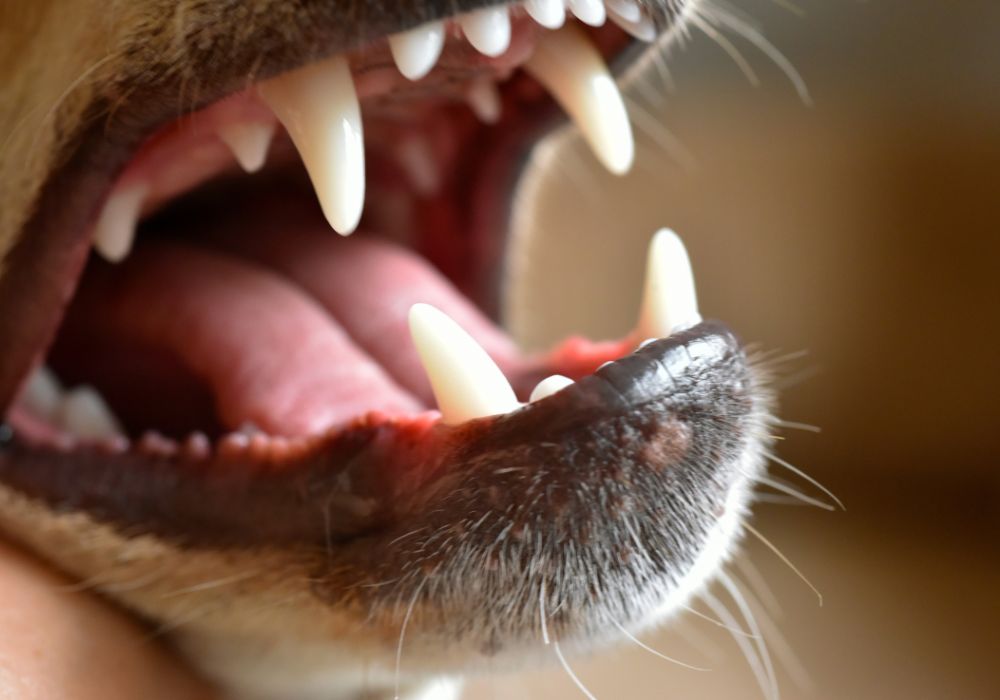
Leaving puppy canines in place long-term poses several health risks:
- Chronic dental disease and tooth loss
- Misaligned bite and chewing difficulty
- Jaw fractures or temporomandibular joint issues
- Cysts and abscesses around impacted permanent canines
- Damage to developing adult teeth
The longer deciduous teeth remain, the greater the chance of these problems. It also becomes more difficult to correct the bite alignment later on. This is why it’s important to have retained puppy teeth extracted or shed before 7 months of age.
Here is more detail on the risks of retaining deciduous canine teeth:
- Dental disease – The extra teeth provide more surface area for tartar and plaque accumulation. Bacteria rapidly multiply in these areas, inflaming the gums. This can lead to gingivitis, periodontal disease, tooth decay and eventual tooth loss.
- Malocclusion – Misaligned “double” rows of canine teeth prevent the jaws from meeting properly. The dog develops an overbite or underbite that worsens with age. This impairs chewing and puts stress on the temporomandibular joints.
- Chewing problems – Related to malocclusion, incorrect bite alignment makes it difficult for dogs to chew food properly. They may drop chunks of food or have chronic discomfort when chewing hard items.
- Cysts or abscesses – The impacted permanent canines below the gumline can become inflamed and form cysts or painful abscesses in the mouth. These require surgical draining and antibiotics.
- Jaw fracture – Misaligned jaws are weaker and more prone to fractures if dogs chew hard objects or trauma occurs. The temporomandibular joint is especially at risk.
- Damage to permanent teeth – The impacted adult canines may become deformed, decayed or fused to the roots of puppy teeth. This renders them nonfunctional when they do eventually erupt.
How can retained puppy canines be prevented?
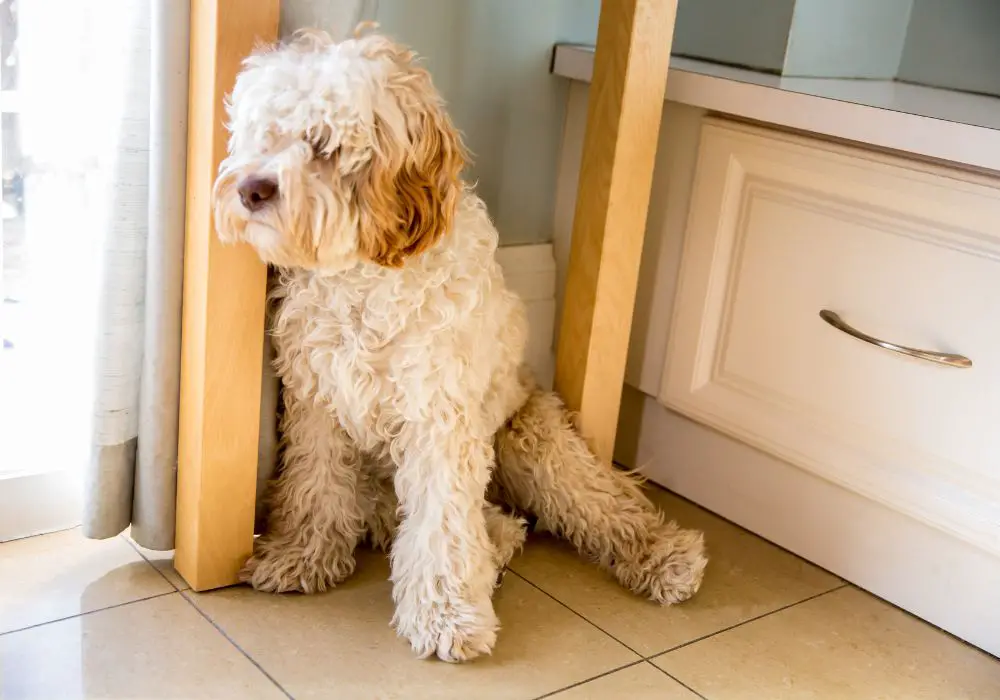
While some causes of retained deciduous teeth can’t be helped, a few key preventive steps can reduce the likelihood:
- Choose genetically sound breeds – Avoid exaggerated traits like severely undershot jaws.
- Ensure proper nutrition – Feed a complete and balanced large breed puppy diet.
- Avoid trauma – Use safe toys, don’t allow rough play with other pets.
- Schedule early vaccinations – Protect from viruses that disrupt tooth development.
- Have regular vet dental checks – Catch and extract retained teeth early.
- Brush frequently – Helps loosen deciduous teeth so permanent teeth erupt correctly.
Here are more details on preventing retained deciduous canines:
- Select breeds wisely – Some breeds like brachycephalic (short nosed) dogs are prone to overcrowded mouths and retention of deciduous teeth. Choosing breeds with less exaggerated features can help.
- Feed high quality puppy food – Diets rich in protein, calcium, phosphorus and vitamins like A, D3, and C support proper tooth development and shedding. Avoid malnutrition.
- Supervise play – Don’t allow puppies to play tug-of-war or chew hard objects which could damage erupting permanent tooth buds.
- Administer puppy shots – Distemper and parvovirus disrupt developing teeth. Follow the vet’s recommended vaccine schedule.
- Brush deciduous teeth – Regular brushing removes plaque before it leads to infected retained teeth. It also mechanically loosens deciduous teeth.
- Schedule early oral exams – Vets should evaluate puppy teething at each visit. Prompt extraction of retained deciduous canines prevents problems.
Conclusion
Shedding deciduous puppy teeth is an important milestone on the path to adult dentition. If those sharp little milk canines fail to fall out on schedule, it can prevent the permanent teeth from erupting correctly. Retained puppy canines should be extracted by around 7 months of age to avoid dental disease, misaligned bites and other issues. With prompt veterinary care, the transition from puppy teeth to a strong adult set of pearly whites can get back on track.
FAQ
Why is it important for puppies to shed their baby teeth?
Shedding the deciduous puppy teeth allows the larger, permanent adult teeth to erupt in the optimal position. This ensures good tooth alignment and a healthy bite throughout the dog’s life.
How can I tell if my puppy has retained canines?
Look for double sets of upper or lower canine teeth by 6 months of age. Your vet can confirm with an oral examination.
What problems are caused by puppies keeping their milk canines too long?
Retained deciduous canines can lead to malocclusion, dental disease, painful cysts, and prevent the adult teeth from erupting properly.
How are stuck puppy canines treated?
Simple extraction of the retained milk teeth allows the permanent canines to quickly erupt into place. Antibiotics, anti-inflammatories, or orthodontics may also be needed.
Can retained puppy teeth be prevented?
Choosing healthy dog breeds, proper nutrition, safe toys, early vaccines, and regular dental vet checks can reduce the likelihood of puppy teeth not falling out on time.

